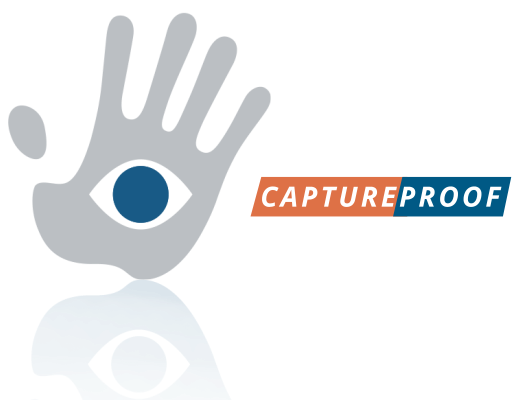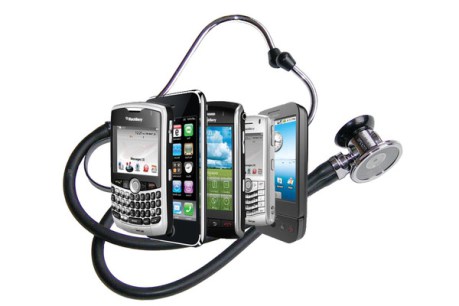Smartphones, a gift for patient information?
Have you ever lost your phone? Or even can’t remember where you last saw it? Do you remember the panic followed by stress because you had lost all of your pictures – not to mention a phone that cost you an arm and a leg? But what else did you lose? Take a second to think about how you use your smartphone to receive and transmit photos, video, texts, contact information, gps destinations, etc…
That is a lot of information.
In a dynamic healthcare world, it is exciting to witness the cutting edge of smartphone technology used in healthcare setting. However, while we are becoming more and more connected – it means our information can be at risk, unless we take the right steps to ensure it remains private and secure. Just like your personal phone – there can be quite a lot of private and personal information stored on medical mobile devices – and not just of one patient, possibly thousands.
How big a security problem is this in healthcare? And what can be done?
In a recent survey by Cisco mConcierge, 89% of healthcare workers use their personal smartphones for work purposes. That’s a higher percentage than all other industries surveyed, except for education and technology.
The same study found:
- 41% of the healthcare workers did not use a password to secure their personal device – easily remedied with a 4 digit pin number
- 53% reported accessing unsecured wi-fi networks using their personal smartphone
- 48% either hadn’t disabled Bluetooth’s discoverable mode or didn’t know if their device was discoverable
As you may have figured out by now, this is a recipe for a security breach and a HIPAA violation.
But remember, there are simple “first step” solutions that everyone can take to protect their own privacy and security. As for healthcare institutions, their administrators and clinicians — there must be a clear and detailed Bring Your Own Device (BYOD) policy outlining the proper use of smartphones in a healthcare environment, which should be frequently updated. A written policy isn’t enough without staff training to ensure everyone across the practice and/or institution know the steps to take to ensure their personal mobile devices are used correctly and securely.
Next week: CaptureProof as your HIPAA and privacy solution.
CaptureProof’s technology turns the smartphone into a HIPAA compliant medical tool for a safe and secure system for doctors and patients to interact with each other.
#HIPAA #SecurityFirst #Healthcare #HealthIT #HealthTech #smartphone #BYOD

